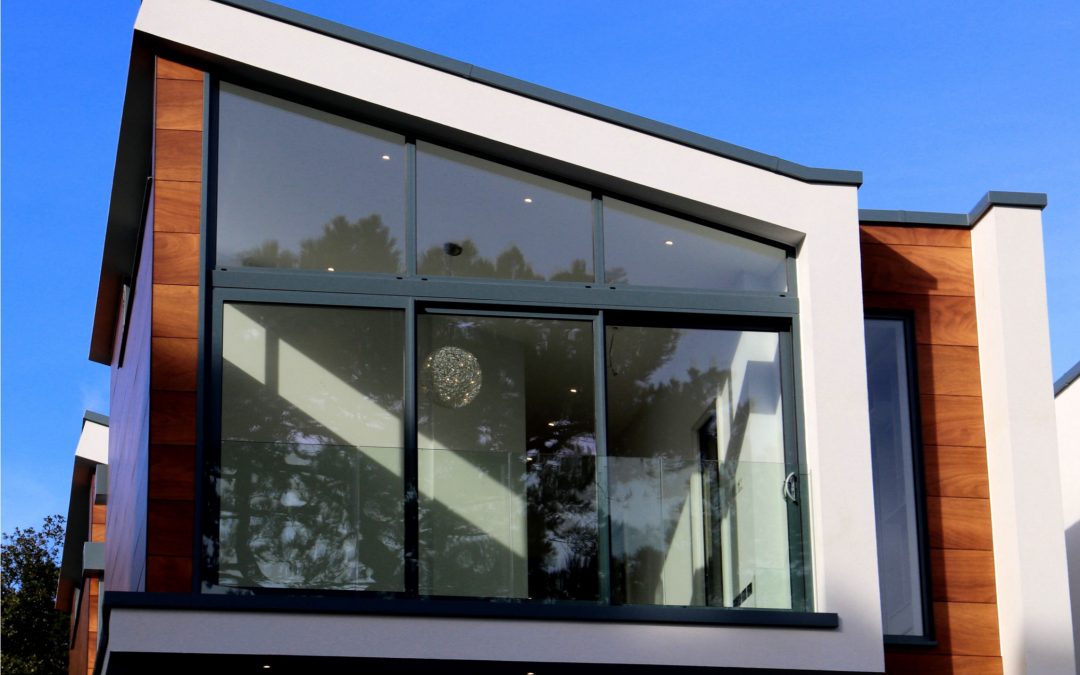What if your surveyor or solicitor finds illegal building work?
It’s not unusual to discover at the last minute that extensions or structural alterations don’t have the necessary consents. In other words they’re illegal. It also raises questions about the quality of the building work where the construction process wasn’t professionally checked.
Given that you’re likely to be close to exchange of contracts this is a potential deal-breaker. But there are some possible solutions:-
* Ask the sellers as early as possible whether written approval was granted for any extensions or structural works. Where small extensions qualified as ‘permitted development’ without the need for planning consent, a Building Regulations completion certificate is still required.
* Instruct a survey and ask the surveyor to comment on the quality of workmanship, and point out any defects or inadequacies. Hidden things like foundation depths can only be checked if you pay to have trial holes dug.
* To save time, an indemnity insurance policy can sometimes be arranged to compensate you should retrospective consent not be forthcoming. Compensation actually covers you against action by the local Building Consent Department for breach of building regulations. It does not cover or guarantee the quality of the work. So such policies don’t actually solve the problem, but they can be a handy ‘sticking plaster’.
Certificate of regularisation
Problems can also arise if your mortgage lender is only willing to release funding on the condition that you apply for a ‘certificate of regularisation’. This involves Building Control retrospectively inspecting the property once the work in question has been ‘opened up’ (usually by builders) so that it’s clearly visible. There are three possible outcomes: approval, where the work complies; rectification, where it doesn’t comply; or re-instatement, putting it back to it’s original state where it isn’t possible to rectify things.
Self certification
A Building Regs completion certificate is what you want to see for building work such as extensions, loft conversions, and garage conversions, and also for structural alterations like taking down internal walls (where they are load-bearing, ie supporting floors, roofs or walls above) or removing chimney breasts etc.
But approval of works such as electrical wiring, replacement windows, heating installations is normally delegated via approved installers registered as ‘competent persons’ who can certify that work has been carried out in compliance with the Building Regs. Certain trade bodies are allowed to ‘self-certify’ their members’ work and issue completion certificates:-
- FENSA – Replacement windows should be installed by a company registered with Fenestration Self Assessment (FENSA) who will be able to self-certify the compliance of the works (not required where only the glass is being replaced).
- CERTASS – Contractors registered with CERTASS (which stands for ‘Certification and Assessment’) can self-certify that their replacement window installations adhere to current Building Regulations– as an alternative to FENSA.
- GAS SAFE – Gas Safe registered contractors can issue certificates for installations and alterations to gas, hot water and heating systems. But the contractor must be a registered member, not just a service engineer.
- OFTEC – the equivalent of Gas Safe for oil fired boilers and appliances
- HETAS – the equivalent of Gas Safe for solid fuel burning boilers and appliances
6. Electrical Contractors – must be registered under one of the ‘Part P’ schemes in order to issue certificates for domestic electrical work and belong to an accredited scheme operator such as NICEIC or NAPIT or ELECSA.
Our next blog – coming soon …….
What if there are legal ‘occupancy restrictions’?
Check out our Rightsurvey blog page for more industry tips and secrets written by property professionals to help put you in control.



